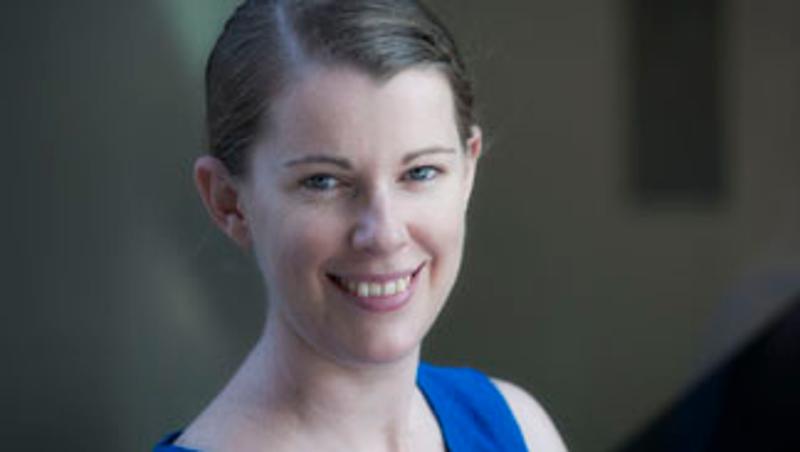
Victims of online fraud need greater support to help them overcome the often serious health effects that follow discovery of the deception, QUT cybersecurity researcher Cassandra Cross says.
Dr Cross's extensive research on online fraud victimisation and prevention was heavily drawn upon in the recent Federal Government Inquiry into Cybersafety for Senior Australians.
She studied online fraud in Australia, UK, US and Canada as a Churchill Fellow and found that, while victimisation could happen to anyone, seniors were attractive targets who were losing more than just money to offenders.
"Many victims experience health problems, varying degrees of depression and the breakdown of their relationships with family and friends. In extreme cases, victims will contemplate suicide," Dr Cross, from QUT's School of Justice, said.
"Victims of online fraud currently receive little support because of the strong stigma associated with this type of crime. Often people are seen to be responsible for their own victimisation.
"Sometimes it is hard to understand how a person becomes a victim of online fraud, because the situation seems too obvious. However, this underestimates the role of the offender and their ability to manipulate the emotions of the victim."
Dr Cross said offenders were carrying out sophisticated and complex frauds on unsuspecting victims.
"Many of these frauds are tailored to individual victims through information that is readily available on the internet that people have posted about themselves online," she said.
"People can give away a lot of personal information on social networking sites and in other online forums that indicates their weaknesses and vulnerabilities. A savvy offender can use this information easily to deceive victims into parting with their money."
Dr Cross said most people were aware of online fraud but didn't think it could ever happen to them.
"Once the offender has developed trust and rapport with the victim, it is very difficult for family, friends or even law enforcement to come in and break that relationship and make the victim understand the reality of what is happening.
"The victim feels they know the offender, they trust what is being presented to them and they believe their situation is legitimate."
Current online fraud prevention messages are also not hitting the right target, Dr Cross said.
"There is too much 'white noise' around current prevention messages. We focus too much on the various ways that victims can be approached and not enough on the essential element of the offence, which is the transfer of money.
"People don't need more education about online fraud, they need to apply it to their own situation when asked to send money under whatever circumstance.
"The success or failure of all prevention messages culminates in the decision of the victim to transfer money."
Dr Cross said the Federal Government's Joint Select Committee on Cyber-Safety's report Cybersafety for Seniors: A Worthwhile Journey had acknowledged the need to support victims and reassess current prevention messages.
"The Committee recognised the sense of helplessness many online fraud victims experience and that their lack of recognition as legitimate victims reinforces the shame and embarrassment many of them feel," she said.
"There is still a long way to go in terms of acknowledging the reality of online fraud victimisation but this report provides a positive step in the right direction."
A copy of Dr Cross' parliamentary submission is available here.
The Federal Government's report into Cybersafety for Senior Australians can be viewed here.
Media contact: Niki Widdowson, QUT media officer, 07 3138 2999 or n.widdowson@qut.edu.au
High res photo of Dr Cross available for media use.


